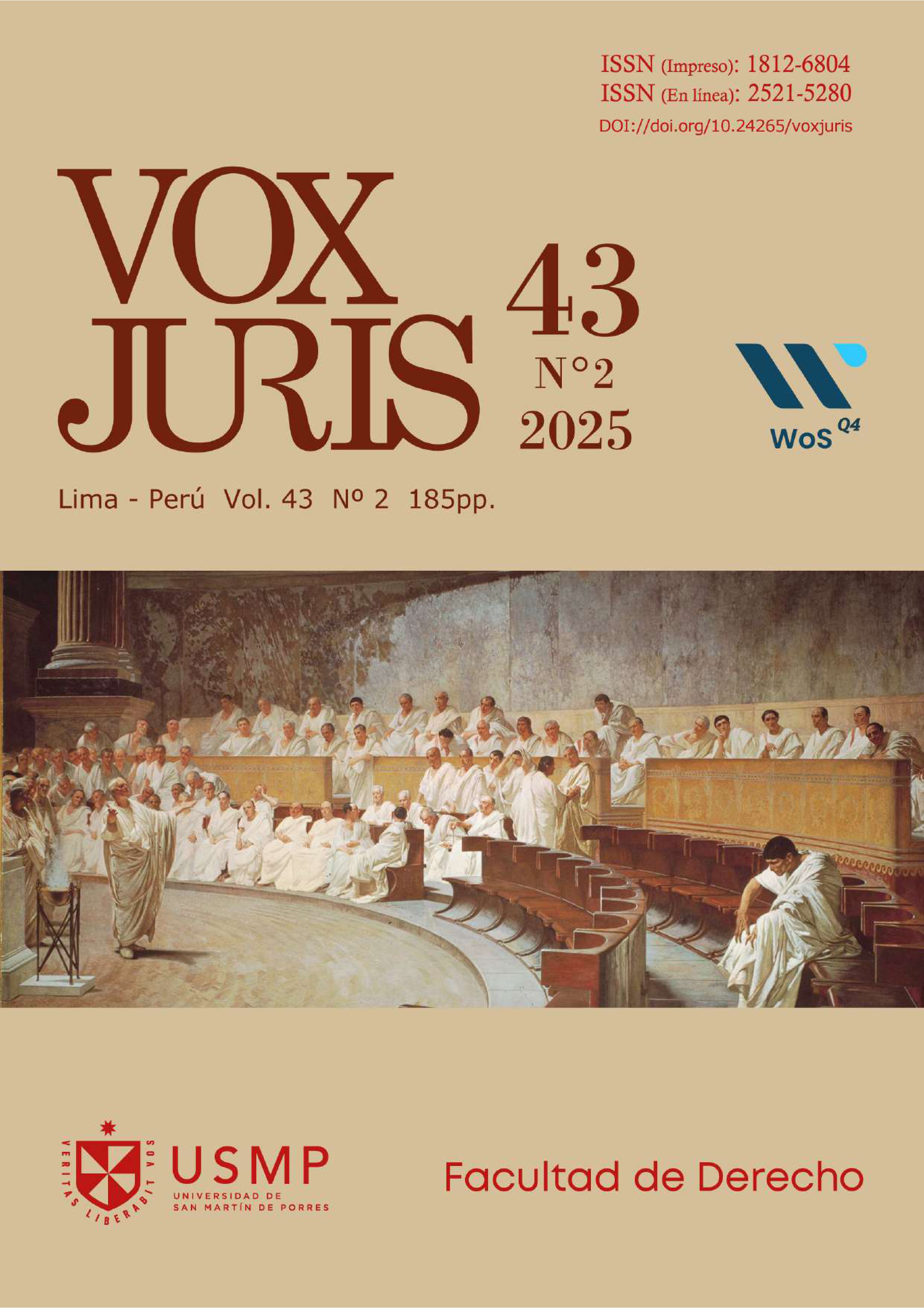WORKING CONDITIONS OF DOMESTIC SERVICE IN COLOMBIAN AND MEXICAN COMPARATIVE LAW DURING THE PERIOD OF 2022 TO 2024
Abstract
The working conditions of people engaged in domestic service reveal asymmetric situations of injustice and inequity in work relations, due to the way in which this human activity is undervalued and undervalued, which leads to contexts of exclusion, deregulation, injustice and informality in the workplace. The legal references for domestic service workers in Colombia and Mexico are guaranteed in the internal legal system of each country, in
accordance with international labour standards, but when confronted with reality, it reveals a condition of helplessness and lack of protection
of the minimum and inalienable rights that workers enjoy without discrimination. The comparison of the socio-legal contexts faced by domestic service workers in Colombia and Mexico reveals situations of social injustice
due to precarious working conditions expressed in unworthy wages, long working hours, work overload, unpaid rest and lack of knowledge in the payment of social benefits and coverage of contributions to the social security system, generating conditions of injustice and inequity in labor relations without ignoring the marked social discrimination to which this part of the population is subject due to their socioeconomic, academic and gender level, undervaluing and discriminating against the activity of domestic service. In these terms, the research problem raised in this article is: What are the working conditions of people dedicated to domestic service in Colombian and Mexican comparative law during the period of 2022 to 2024?
Downloads
Downloads
Published
Issue
Section
License
Copyright (c) 2025 Manuel Mauricio Moreno Villamizar, Sandra Luz Navarrete Mendoza

This work is licensed under a Creative Commons Attribution 4.0 International License.
Los autores que publican en esta revista están de acuerdo con los siguientes términos:
- Los autores conservan los derechos de autor y garantizan a la revista el derecho de ser la primera publicación del trabajo al igual que licenciado bajo una Creative Commons Attribution que permite a otros compartir el trabajo con un reconocimiento de la autoría del trabajo inicial en esta revista.


